May 2, 2024
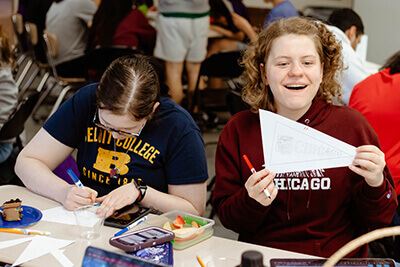 from Dr. Bill Hudson, head of school
from Dr. Bill Hudson, head of school
I’ve been an educator for over thirty years and have accompanied countless students and parents through the college search process. I’ve written numerous college recommendations. I’ve been the head of two college preparatory schools for 12 years. But when it matters most, accompanying my own daughter, I give myself a failing grade. Well, maybe a D. Yet my daughter succeeded largely because of her own initiative (for which I credit her middle school years at MPA). Many times throughout the last three years, I wished she could have benefitted from the outstanding college counseling program at MPA.
Yesterday, our PreK-12 school celebrated College Choice Day, and joined together to revel in the success of our seniors in gaining admission to their “right-fit” college or university. We purposely avoid celebrating the particular school they chose as much as we celebrate the culmination of a thoughtful process that resulted in a match of each individual student’s interests, abilities, and aspirations and provides opportunities for further growth and accomplishments. I am extremely proud of our seniors and their choices.
There seems to be an increasing anxiety in U.S. culture around the college search process, driven in part by an inflated importance of attending the “best” college instead of the “right-fit” college. The best fit for one student is not the right fit for the next, even among high-achieving, academically strong, and otherwise talented students. In his book, “Where You Go Is Not Who You’ll Be: An Antidote to the College Admissions Mania,” author and former New York Times columnist Frank Bruni attempts to refocus the college search process. Bruni hopes to “restore the excitement of going off to college, which should be a time for taking intellectual and social chances, for finding or confirming a passion, and for discovering yourself,” rather than getting caught up with getting into the colleges and universities perceived as elite.
The mission of the MPA College Counseling Office is to provide information, structure, and attention to each class as a whole, as well as to each student individually. We share a common goal—a college choice that fits each child well and provides opportunities for further growth and accomplishments. Our integrated and multi-faceted approach includes our seminar and advisory programs, individual student and family meetings, special speakers and events, test-prep resources, and practice test opportunities.
Like our approach to education, the college admissions selection process at MPA is grounded in the whole child. College selection is driven by a student’s unique set of interests, preferences, and aspirations. Students also explore their own learning styles, personality, and ideas about career possibilities. Just as MPA balances arts, academics, and athletics, we encourage our students to strive for academic excellence and become well-rounded individuals through artistic pursuits and extra-curricular involvement.
Carefully considering each student’s individual interests, priorities, and aspirations and balancing that with the current college admission landscape takes time and reflection. With this in mind, students are led through a personalized and thoughtfully designed curriculum that starts in ninth grade and continues through junior and senior years. In each grade, MPA integrates developmentally appropriate elements of career exploration and college counseling through our advisory program and seminar programs, mindful of where the students are on their educational journey.
I often wish that I had access to the college counseling available at MPA when I was in high school. It was clear that my parents expected me to go to college, but I lacked the support at home or at school to engage in the kind of search afforded to students at MPA. In retrospect, I enjoyed a solid undergraduate education complete with incredible opportunities to grow and discover who I am, my strengths, and my passions. I was fortunate. I “fell into” my college rather than embracing a choice after a thoughtful and deliberate process.
According to the American School Counselor Association, the national student-to-school counselor ratio in 2022-23 was 1:385. The National Association for College Admission Counseling reports that of the many responsibilities of high school counselors, post-secondary admission counseling accounts for only 22% of their time. At MPA, students benefit from two full-time college counselors whose sole responsibility is advising and guiding students through the college search, application, admission, and selection process.
I want to encourage you to shake off any anxiety you may have about college admissions: you’re already well positioned for the college search adventure by having your child attend MPA. With the wisdom, experience, and guidance of our faculty and our outstanding college counselors, the college search can indeed be an exciting opportunity to dream big and do right, to embrace their individual interests and talents, and to become the people they are meant to be.
To see photos from College Choice Day, click here.
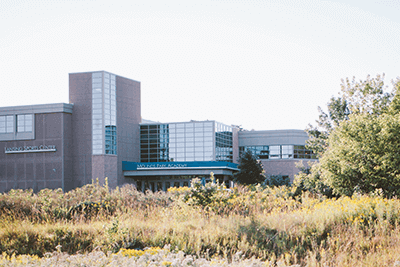 from Dr. Bill Hudson, head of school
from Dr. Bill Hudson, head of school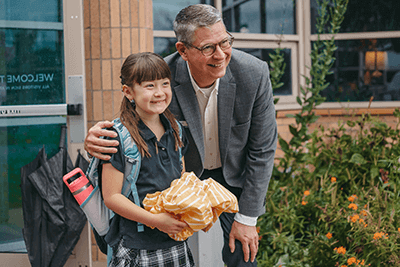 from Dr. Bill Hudson, head of school
from Dr. Bill Hudson, head of school from Dr. Bill Hudson, head of school
from Dr. Bill Hudson, head of school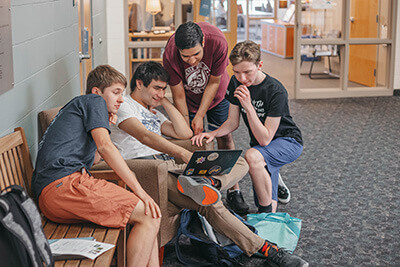 from Dr. Bill Hudson, head of school
from Dr. Bill Hudson, head of school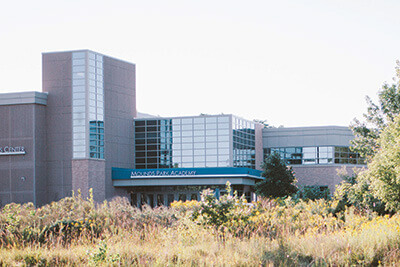 from Dr. Bill Hudson, head of school
from Dr. Bill Hudson, head of school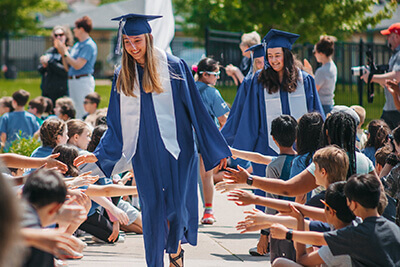 from Dr. Bill Hudson, head of school
from Dr. Bill Hudson, head of school from Dr. Bill Hudson, head of school
from Dr. Bill Hudson, head of school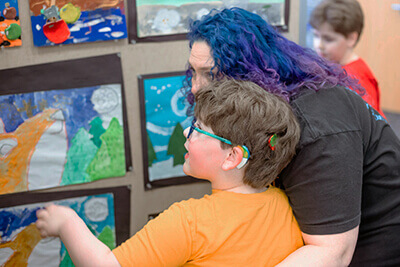 from Dr. Bill Hudson, head of school
from Dr. Bill Hudson, head of school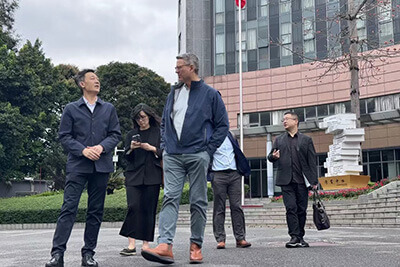 from Dr. Bill Hudson, head of school
from Dr. Bill Hudson, head of school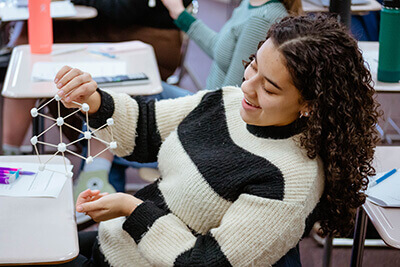 from Jennifer Rogers-Petitt, director of development and community engagement
from Jennifer Rogers-Petitt, director of development and community engagement